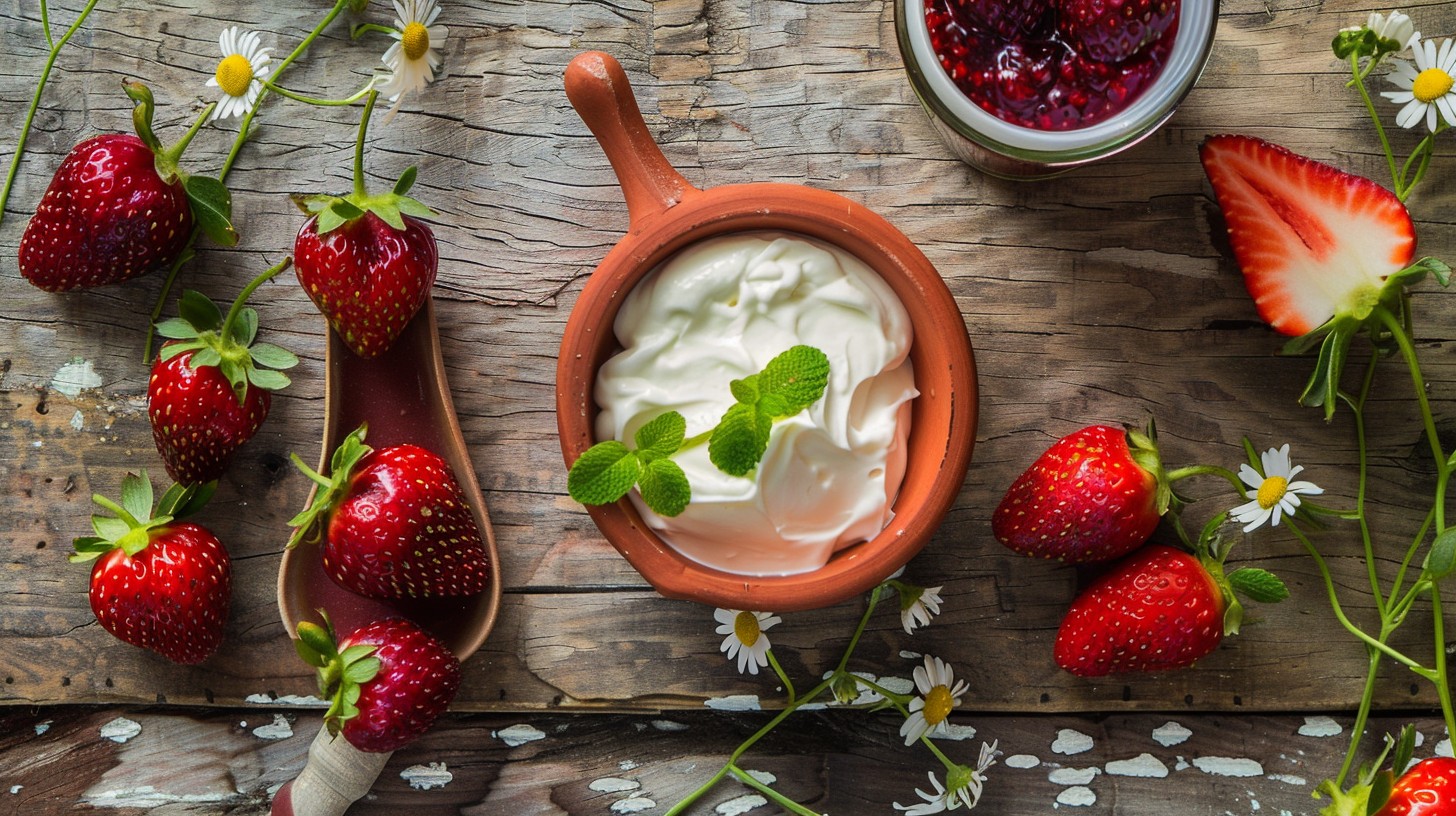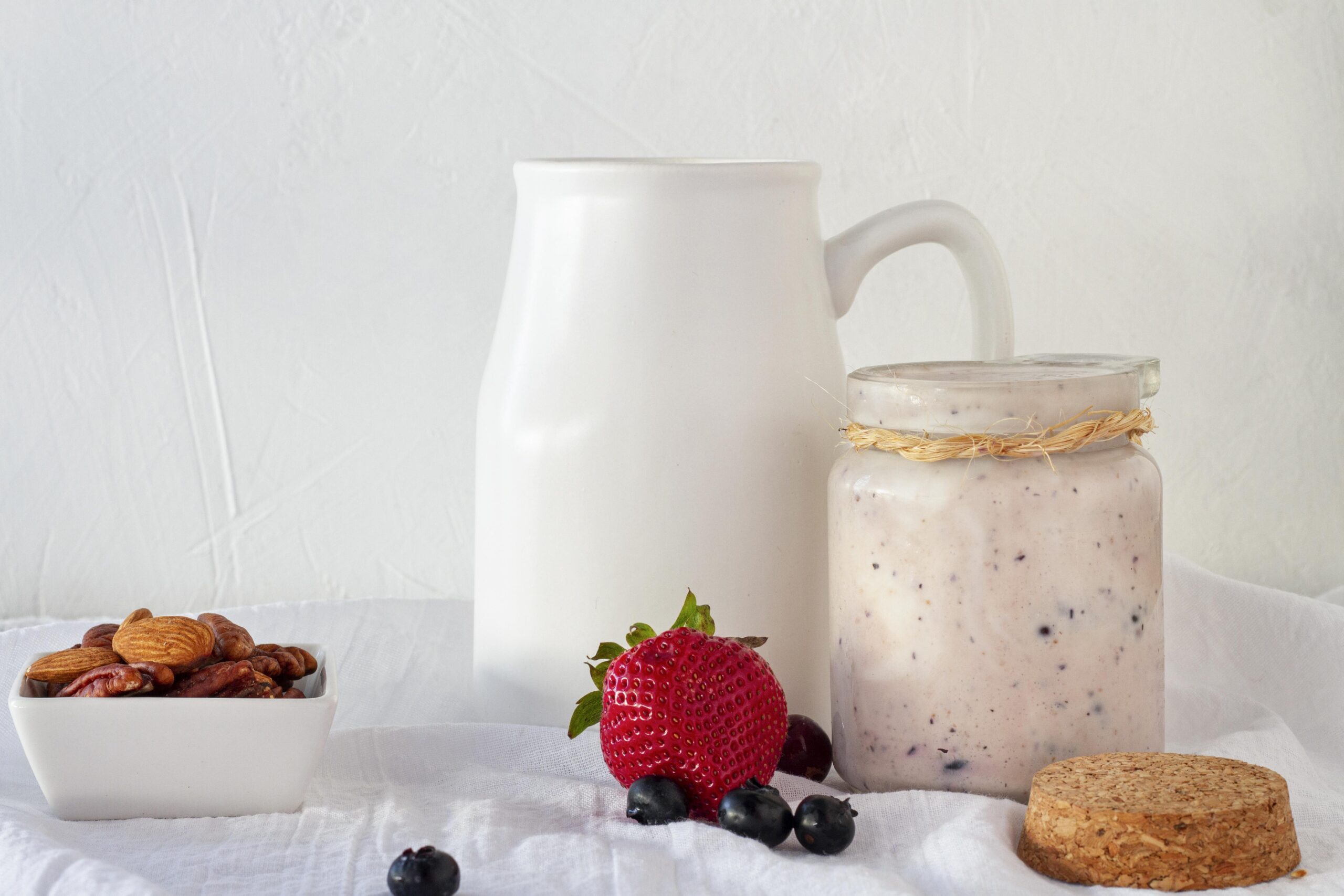This Blog Post Shows Powerful Ways To Heal Your Gut And Revitalize Your Life.
Our gut health plays a crucial role in our overall well-being. A healthy gut contributes to improved digestion, stronger immunity, better mood, and even clearer skin. By taking care of our gut, we can experience increased energy, reduced inflammation, and improved overall health.

1. Optimize Your Diet
Increase fiber intake
Fiber is essential for a healthy gut. It helps maintain regular bowel movements and feeds beneficial gut bacteria. Aim to include a variety of high-fiber foods in your diet, such as:
- Fruits (apples, berries, pears)
- Vegetables (broccoli, carrots, sweet potatoes)
- Whole grains (oats, quinoa, brown rice)
- Legumes (beans, lentils, chickpeas)
Focus on whole foods
Whole foods are packed with nutrients that support gut health. They are minimally processed and free from artificial additives. Examples include:
- Fresh fruits and vegetables
- Lean meats and fish
- Nuts and seeds
- Whole grains
Limit processed foods and sugars
Processed foods and added sugars can negatively impact gut health. They often lack essential nutrients and can promote the growth of harmful bacteria. Try to reduce your intake of:
- Sugary snacks and drinks
- Refined grains (white bread, pasta)
- Fast food and pre-packaged meals
2. Incorporate Probiotics
Benefits of probiotic-rich foods
Probiotics are beneficial bacteria that support gut health. They help maintain a balanced gut microbiome and can improve digestion. Some benefits include:
- Enhanced nutrient absorption
- Strengthened immune system
- Improved mood and mental health
Recommended sources: yogurt, kefir, sauerkraut
Include these probiotic-rich foods in your diet:
- Yogurt (look for “live and active cultures”)
- Kefir (a fermented milk drink)
- Sauerkraut (fermented cabbage)
- Kimchi (Korean fermented vegetables)
- Kombucha (fermented tea)
Supplements: how to choose the right one
When selecting a probiotic supplement:
- Look for products with multiple strains of bacteria
- Check for a high number of colony-forming units (CFUs)
- Consider your specific health needs
- Consult with a healthcare professional for personalized advice
3. Stay Hydrated
Importance of water for digestion
Proper hydration is essential for gut health. Water helps:
- Soften stool and prevent constipation
- Aid in the absorption of nutrients
- Support the mucosal lining of the intestines
Recommended daily water intake
The general recommendation is to drink 8 glasses (64 ounces) of water per day. However, individual needs may vary based on factors such as:
- Body weight
- Activity level
- Climate
Herbal teas and their benefits
Herbal teas can provide additional benefits for gut health:
- Peppermint tea: may help relieve bloating and indigestion
- Ginger tea: can aid in digestion and reduce nausea
- Chamomile tea: may help reduce inflammation in the gut
4. Manage Stress Levels
Connection between stress and gut health
Stress can negatively impact gut health by:
- Altering gut bacteria composition
- Increasing inflammation
- Affecting digestion and nutrient absorption
Techniques for stress management: meditation, yoga
Try these stress-reduction techniques:
- Meditation: practice mindfulness for 10-15 minutes daily
- Yoga: combine physical movement with breath work
- Deep breathing exercises: take slow, deep breaths to activate the relaxation response
Importance of regular physical activity
Regular exercise can benefit gut health by:
- Promoting regular bowel movements
- Reducing stress and anxiety
- Improving overall gut function
Aim for at least 150 minutes of moderate-intensity exercise per week.
5. Prioritize Sleep
Role of sleep in gut health
Quality sleep is crucial for maintaining a healthy gut. During sleep:
- The gut lining repairs itself
- The immune system is strengthened
- Stress hormones are regulated
Tips for improving sleep quality
To improve your sleep:
- Stick to a consistent sleep schedule
- Create a relaxing bedtime routine
- Keep your bedroom cool, dark, and quiet
- Avoid screens for at least an hour before bed
Recommended sleep duration
Most adults need 7-9 hours of sleep per night. However, individual needs may vary. Pay attention to how you feel and adjust your sleep duration accordingly.
6. Avoid Unnecessary Medications
Impact of antibiotics on gut health
Antibiotics can disrupt the balance of gut bacteria by:
- Killing both harmful and beneficial bacteria
- Potentially leading to antibiotic-resistant bacteria
Alternatives to over-the-counter medications
Consider natural alternatives when appropriate:
- Ginger or peppermint for nausea
- Probiotics for diarrhea
- Dietary changes for acid reflux
Importance of consulting with healthcare professionals
Always consult with a healthcare provider before:
- Starting or stopping any medication
- Using natural remedies alongside prescribed medications
- Making significant changes to your health routine
By implementing these six powerful strategies – optimizing your diet, incorporating probiotics, staying hydrated, managing stress, prioritizing sleep, and being mindful of medication use – you can take significant steps towards healing your gut and improving your overall health. Remember, small, consistent changes can lead to big improvements in your gut health and overall well-being. Start today by choosing one area to focus on and gradually incorporate the others into your daily routine.
This Blog Post Showed Powerful Ways To Heal Your Gut And Revitalize Your Life.







